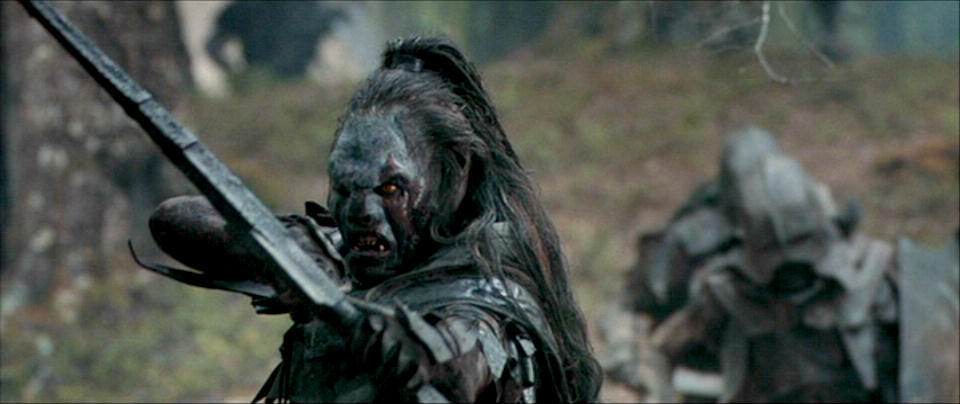“There is no good and evil, there is only power and those too weak to seek it.”
That’s a powerful quote and on the internet attributed to Harry Potter author J.K. Rowling. Now, if that quote had come from her lips, she is scarier than anything ever let loose from Hogwarts. In actuality, it came from the tip of her pen, and is said by a professor from Hogwarts who has spent too much time dallying with the darker nature of things as to eventually be enslaved by them. It’s a line that J.R.R. Tolkien could have written for the lips of Saruman.
With the recent biographical film of Tolkien’s early life and the idea that he may have come up with the horrific concept of Orcs due to the horrific experiences he had during WWI, I also think the contrast and similarities between these two fantasy authors is worth a look.
I have always been somewhat agnostic on the issue of whether Harry Potter books were good for children due to the prevalence of the occult and the use of magic spells. My initial thought, and one I mainly still hold, is that anything that encourages young people to read rather than stare blankly into an electronic device is a source of good, not evil. For those who quarrel with the books because they seem fixated on the occult, I can see their concern… But how do you have a protagonist who is a wizard and not dabble in all things magic?
One way to do it is the way Tolkien did it and Rowling did not. Tolkien’s Middle-Earth fantasy world is just that, complete fantasy with its own history and geography, some of it a little scary, but with a logic and structure uniquely its own.
Not so with Rowling and Harry Potter. As fantastical and magical the secret world of wizardry is in the Potter books, instead of Middle Earth, Rowling has put Harry Potter in the middle of reality. Hogwarts may be a magical place, but we first find Harry in a very “normal” English house.
When it comes to other objections some have on the Potter books, I must confess I really don’t have a dog in the fight. My kids were just on the cusp of the cultural sensation started by J.K. Rowling, with my biggest reader a little too old for the books when they first came out. But having to do with magic and monsters and wizards is not a bad thing when taken into the context (there’s that word again), and using them as devices to tell a story with truth in it is as old as “The Odyssey” and “Beowulf,” to name just two.
For the most part, Rowling and her Potter books are doing the same things as Homer was trying to accomplish. Whether intentional or otherwise, she has also imprinted biblical references to evil in the form of serpents and dragons who are not perplexed or conflicted characters, but manifestations of the nature of evil — kind of refreshing. And if you don’t mind that a girl from Kansas can be hurled into the sky unscathed by a tornado and find herself in a land with talking scarecrows, tin men, and lions, or you are good with unsupervised children walking into a wardrobe and coming out the other side to have conversations in English with animals, then you really can’t take issue with a boy with an interesting birthmark and even more interesting family history.
Though both Tolkien and Rowling rely heavily on magic, wizards (both good and evil), and monsters, I don’t think it is fair to compare them like the “Superman versus Batman” argument we used to have on schoolyards. They are different fantasy fables from different times. Personally, I think Tolkien is better…not because he was an Oxford don and somehow superior to an out-of-work single mom scribbling her story in a coffee shop. Of the two, I believe producing important works of literature are much more difficult in the latter path chosen by J.K. Rowling.
Still, Tolkien with his Catholicity dripping so marvelously from almost every page of “The Hobbit” and “The Fellowship of the Rings” is, for this Catholic, like incense-riddled catnip. But if Harry Potter can be a gateway to the deeper, more Catholic-centric fantasy like Tolkien has bequeathed to us, then all I have to say is, Muggles of the world, unite!
Robert Brennan is a weekly columnist for Angelus online and in print. He has written for many Catholic publications, including National Catholic Register and Our Sunday Visitor. He spent 25 years as a television writer, and is currently the Director of Communications for the Salvation Army California South Division.
Start your day with Always Forward, our award-winning e-newsletter. Get this smart, handpicked selection of the day’s top news, analysis, and opinion, delivered to your inbox. Sign up absolutely free today!

